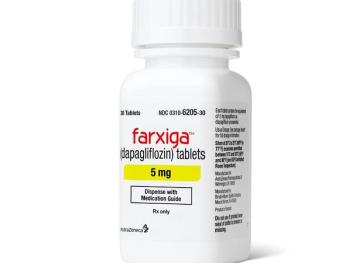
The FDA action follows presentation of results in August during the European Society of Cardiology 2020 Virtual Congress.
Mary Caffrey is the Executive Editor for The American Journal of Managed Care® (AJMC®). She joined AJMC® in 2013 and is the primary staff editor for Evidence-Based Oncology, the multistakeholder publication that reaches 22,000+ oncology providers, policy makers and formulary decision makers. She is also part of the team that oversees speaker recruitment and panel preparations for AJMC®'s premier annual oncology meeting, Patient-Centered Oncology Care®. For more than a decade, Mary has covered ASCO, ASH, ACC and other leading scientific meetings for AJMC readers.
Mary has a BA in communications and philosophy from Loyola University New Orleans. You can connect with Mary on LinkedIn.

The FDA action follows presentation of results in August during the European Society of Cardiology 2020 Virtual Congress.
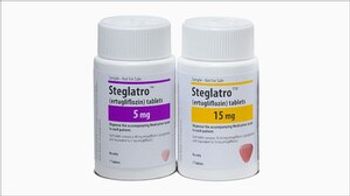
A new analysis shows that ertugliflozin matched renal results seen in trials for a pair of rival sodium glucose cotransporter 2 (SGLT2) inhibitors.

CMMI's Alexandra Chong, PhD, discusses COVID-19 related flexibilities under the Oncology Care Model, and a panel discusses its successor.

Having biomarker-driven solutions in prostate cancer is important, because they have been lacking.
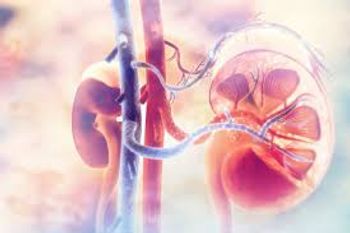
Researchers suggest that clinical trial design could be shaped by measuring reductions in urinary protein.

A new analysis of ADAURA data shows osimertinib cuts the risk of brain metastases or death by 82% compared with placebo in certain early-stage patients with NSCLC.
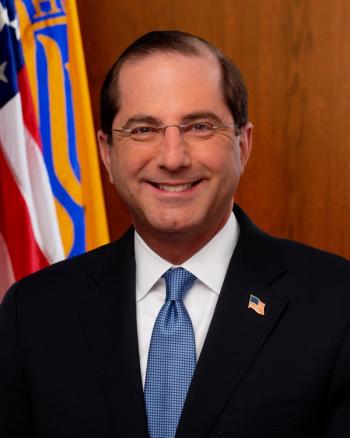
Trump administration officials said the new payment incentives represent the biggest change in kidney care in decades.

Kidney cancer rose at least 3% a year during the years studied among adolescents and young adults, according to data from the American Cancer Society.
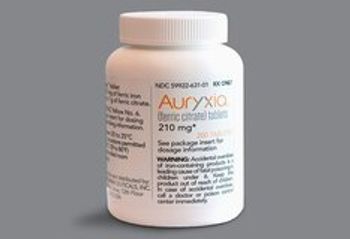
Members of Congress introduce a bill to force Medicare to cover a drug they say will protect CKD patients during the COVID-19 pandemic.

Drs Joseph Alvarnas and Kashyap Patel, co-chairs of Patient-Centered Oncology Care® 2020, discuss what attendees can look forward to at the September 25 meeting.

An overview of the agenda and speakers who will appear at Patient-Centered Oncology Care 2020, which will be presented September 25 by The American Journal of Managed Care®.

Kidney failure is one of the expensive conditions in health care, but new results from the DAPA-CKD trial could change the equation in favor of prevention.

Data presented during the European Society for Cardiology 2020 Congress were a follow-up to the presentation of VERTIS CV at the American Diabetes Association Scientific Sessions in June.

Below are selected abstracts presented at the European Society of Cardiology 2020 Congress, which was held in a virtual format due to the coronavirus disease 2019 pandemic.
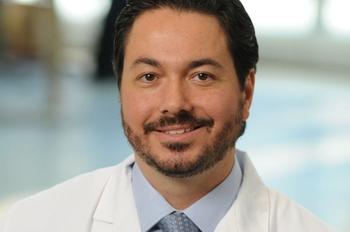
The first study of its kind reports that patients should keep taking well-known heart medications.

A study finds that a partner's participation in a lifestyle change program can be a key to success, especially for weight loss.

Results from the second major renal outcomes trial for an SGLT2 inhibitor affirm the role of the class in preventing renal decline and kidney failure.

The PARALLAX study points to potential benefits from sacubitril/valsartan in heart failure with preserved ejection fraction, which has no approved treatments.

Results from the phase 3 EXPLORER-HCM trial show mavacamten may finally offer a therapeutic solution for patients with hypertrophic cardiomyopathy.
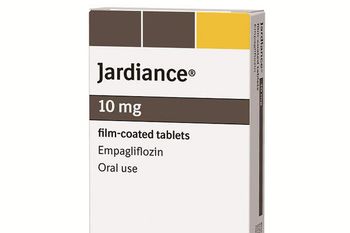
A new study shows that empagliflozin, the diabetes drug that set off a market frenzy 5 years ago, is on par with dapagliflozin for certain heart failure patients.

A new analysis from the REDUCE-IT trial finds that cardiovascular benefits of Vascepa are consistent no matter what type of statin a patient takes for cholesterol.

A study finds that too few of patients classified as very high risk under European criteria are meeting 2019 LDL cholesterol targets because they don't get enough medication.
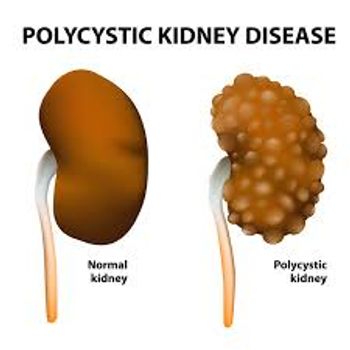
A Dutch study shows how genetic testing can help couples avoid passing devastating kidney diseases to their children, but it raises issues of disparities.

Kashyap Patel, MD, CEO of Carolina Blood and Cancer Care, associate editor of Evidence-Based Oncology, and vice president of the Community Oncology Alliance, discusses his new book.

German researchers find viral RNA in kidneys of patients who died from COVID-19.
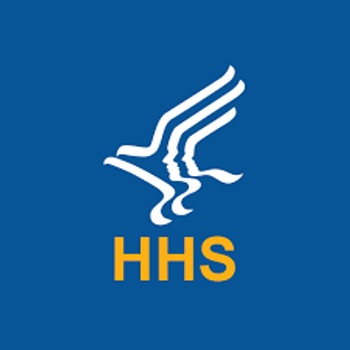
An HHS report outlines efforts to reduce kidney failure and increase options such as home-based dialysis. COVID-19 has made kidney care a higher priority.
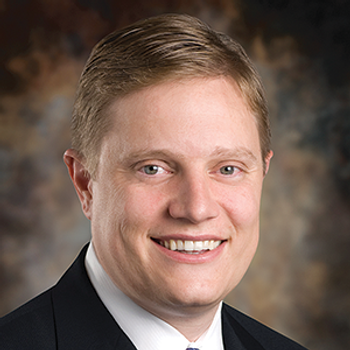
An agreement will tap Caris Life Sciences' next-generation sequencing technology to identify patients for Merus’ phase 1/2 eNRGy trial.

Proposed CMS rules would make it easier for state Medicaid programs to smooth the way for value-based contracts for high-cost gene therapies.

As the American Society of Clinical Oncology calls for more aggressive efforts to bring equity to cancer care, authors in JAMA Oncology say COVID-19 is creating wider gaps.

A study in Annals of Internal Medicine shows severe obesity presents a greater risk of death from COVID-19 than related factors such as diabetes or hypertension.

259 Prospect Plains Rd, Bldg H
Cranbury, NJ 08512
© 2025 MJH Life Sciences®
All rights reserved.
